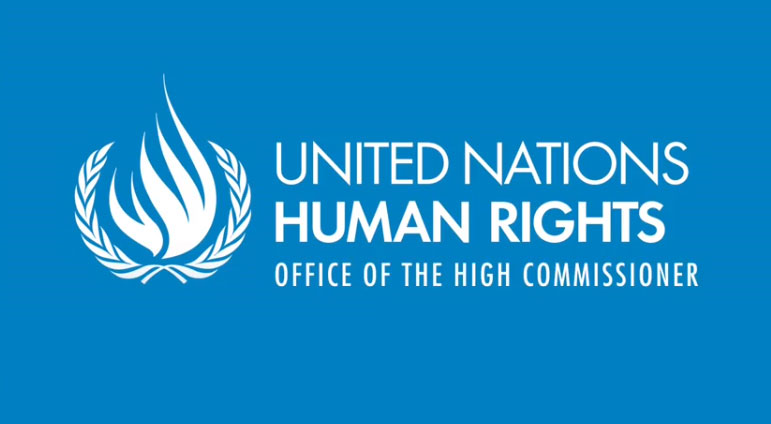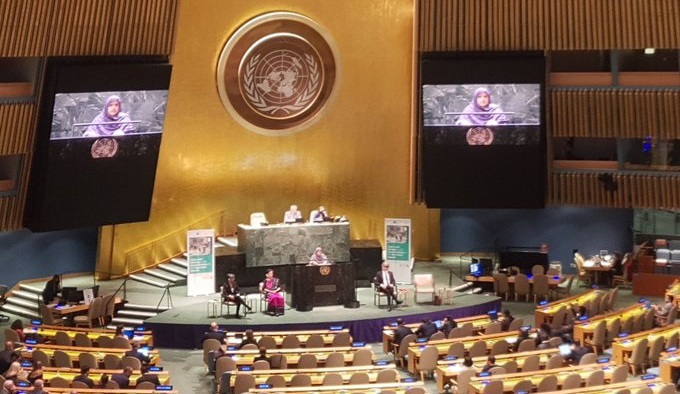
Introduction
Serbia has gone through several
historic events in the last decades, with far reaching consequences for the
country. Not only the break-up of the former Yugoslavia but also the transition
from socialism to a market-based-economy which shifted all public housing stock
to private, virtually overnight. In the 1990s, the country experienced an
influx of refugees and internally displaced persons (IDPs). Recently, Serbia
has also experienced natural disasters – earthquakes and floods. Combined with
a poorly performing economy, high unemployment rates, and new waves of refugees
and migrants, the housing conditions of the most vulnerable are simply not
meeting international human rights standards.
Diverse actors, including the central
and local level governments, United Nations and European entities, and a host
of donor countries and institutions, are implementing housing programmes with a
view to improving living conditions for a number of vulnerable groups. Many of
these have had a positive impact on housing conditions. However, housing needs
still far exceed available programs, with thousands of people living in
deplorable conditions. Whether residing in informal settlements, renting or
owning, thousands of people are going without the basics: drinking water, sanitation
and sewer systems, structurally sound and accessible units, wider social
infrastructure, and security of tenure. I have heard testimonies about
overcrowding, with multiple generations living under one roof. I have also
heard concerns about the cost of electricity and heating outstripping monthly
social benefits, as well as about a newly imposed property tax for social
housing tenants that many find difficult or impossible to afford.
These housing conditions and the number
of persons affected, combined with an uncertain economic future for the
country, suggests that Serbia has an urgent housing crisis. If not addressed
immediately, I fear the conditions are ripe for the crisis to deepen and become
intractable: youth unemployment is at 50% (more than double the national
overage of 20.3% in 2014), austerity measures are being implemented, and
poverty is increasing.
My remarks today are a preliminary
overview of some key issues that have emerged from this part of my visit. The
final report, to be presented to United Nations Human Rights Council in March
2016, will address a wider range of issues and offer further
recommendations.
* To read the complete press statement, click here.


